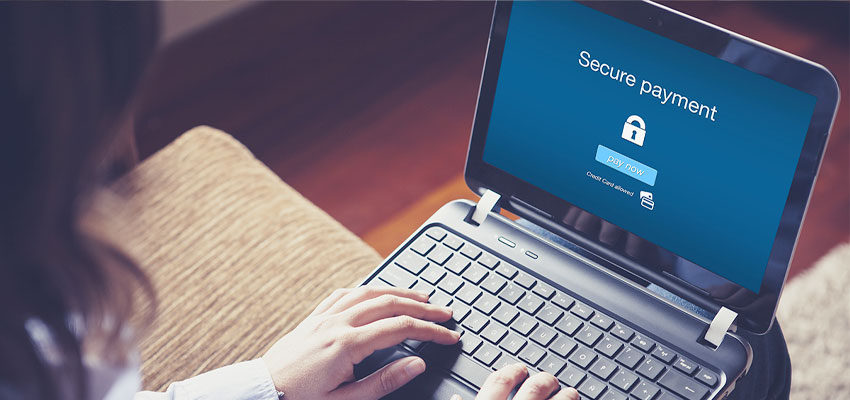Cybersecurity Tips for Working From Home

While remote work has its benefits, it also comes with a few challenges. Many people are now balancing family and work-life under one roof and introducing new technologies into their homes. This may mean there are more ways to connect and store your personal and work life online, but it also leaves you exposed to new risks. It may seem unlikely, but the risk of experiencing a cyber-related crime increases as you and your family’s online presence grows. On a daily basis, your personal information could get hacked, stolen, or extorted – and your children could face risks like cyberbullying and phishing schemes.
If you are one of the many individuals continuing to work remotely, it’s a good idea to keep cybersecurity in mind. That means protecting your devices and data, just like you would in the workplace. To help you keep cybersecurity top of mind, we’ve put together the following tips:
1. Set up a VPN
A VPN — short for virtual private network — can help protect the data you share and receive while working from home. A VPN provides a secure link between employees and businesses by encrypting data. By purchasing a VPN, you help protect yourself against cybercriminals and snoops from seeing what you do online during a workday. This can include anything from sending or receiving financial information, company documents, or customer data.
2. Be on the lookout for phishing emails
Hackers are taking advantage of the evolving COVID-19 situation. Many companies have seen an uptick in phishing emails targeting remote workers to steal their personal information or gain access to business email accounts. The scam messages may appear to come from company officials and will most likely ask you to open a link to a new company policy related to the coronavirus. Our biggest suggestion is don’t click on any links in emails without verifying the link address first. Make sure you don’t provide any of your personal information or login credentials in response to any emails requesting it as an added security measure.
3. Make sure your home network isn’t an easy target
A great way to protect your data is by securing your home internet with a firewall or antivirus software to prevent any unwanted connections or breaches. We also recommend updating your passwords every few months and always use multi-factor authentication (MFA) when available. Many apps on your phone can help you set up MFA.
4. Consider adding more than one network
If you are in a household with more than one family member working from home, consider setting up a separate network for work and play. For example, say your child accidentally downloaded a virus to their computer. This virus can infect the entire network you are now trying to work on. By setting up multiple routers, you now have the option to create more virtual networks. This is a more technical route but is an excellent option for keeping your work and home’s traffic separate.
5. Backup your data
In case of an emergency, it is always a great idea to backup your data every few weeks. Many companies will complete backups behind the scenes of your company’s networks, so employees never have to think about it. However, since many people are now working from home, it’s essential to ask if you are now responsible for backing up your computer or if the IT department will still manage this. For small amounts of data, you can store files on platforms like Google Drive and DropBox.
How Bearingstar can help
Bearingstar, a member of Arbella, offers Home Cyber Protection through Arbella’s innovative program. This coverage will help protect you and your family if you become the victims of:
- Cyber Attack
- Cyber Extortion
- Online Fraud
- Data Breach
- Cyberbullying
To learn more about what these risks mean and how we can help you with cybersecurity, contact your local Bearingstar agent today. We’ll make sure you and your family’s data are protected online and off.
Back to Blog